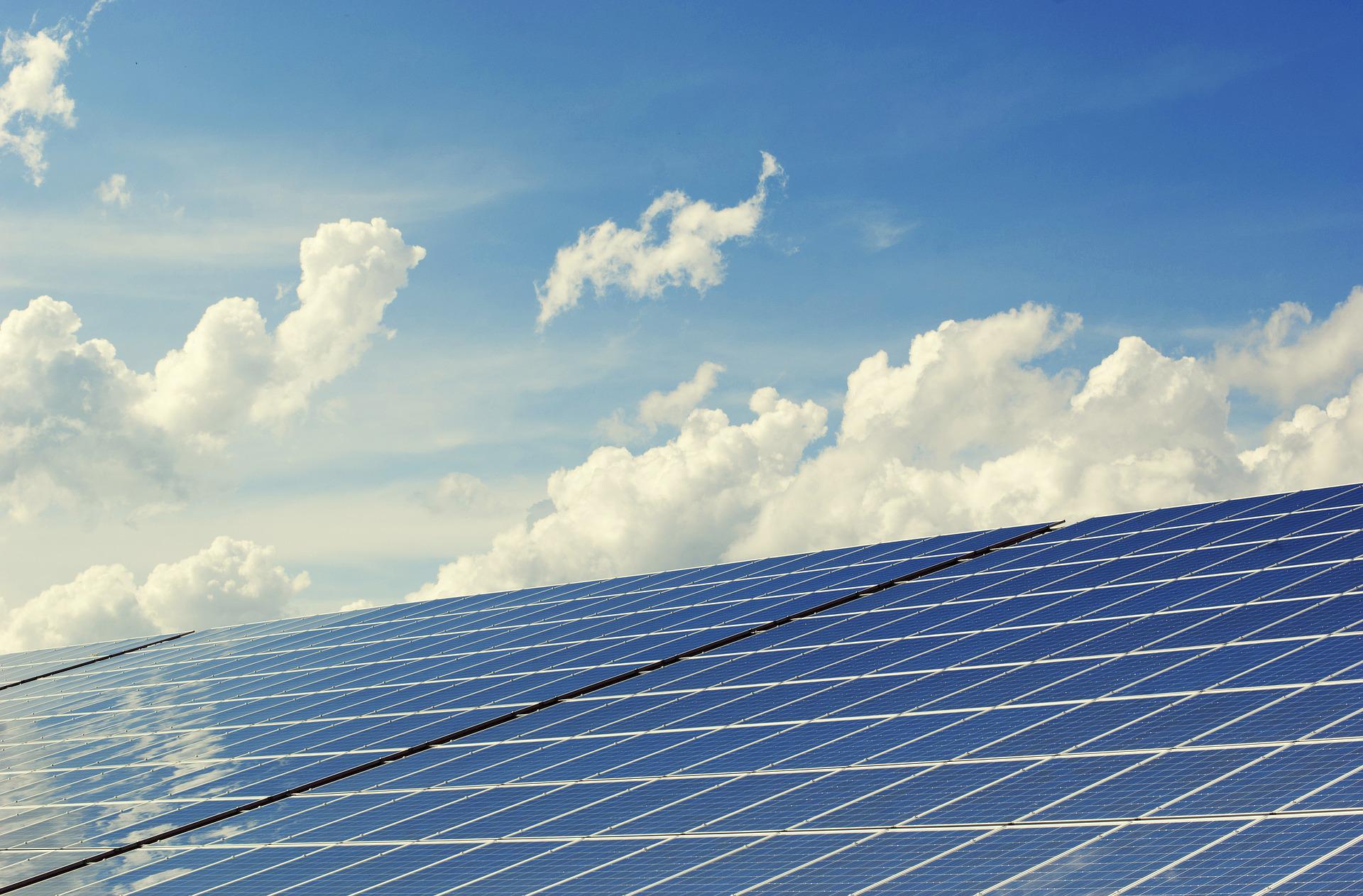By Peter Niagu, Energy Advisor
Solar is a very big topic these days. And unfortunately, it is not black and white. Meaning, that solar is not a one-size-fits-all proposition. One of the most asked questions is, “will solar save me money on my electric bill?” In short, yes it will. However, you must ask yourself, at what cost, and what is the projected savings in years? Solar payback can be anywhere from less than 10 years to more than 20 years. I have been seeing about a 15–18 year payback the last couple of years.
One of the key factors in the investment is cost. Although the cost has come down rather dramatically, while technology has improved, there are still substantial upfront costs when installing solar. In our area, you are looking at about $2.50 per watt of distributed generation capacity. On a 10-kW system, you would expect to pay between $18,500 and $25,000. If you finance the system and add a battery-backed or grid-independent system to hold excess energy produced during the day for use at night, the cost can balloon to over $60,000!
This brings me to my next point. There are many good, reputable solar companies to choose from in our area, but out-of-town companies sweep through our area trying to “get the next sale” that doesn’t seem to have your best interest in mind.
You must be very wary if a solar company tells you they can eliminate your electric bill by putting in solar. They may offer money-back incentives, promise savings without considering our tariffs. Some may even discourage you from contacting your local cooperative with questions. These are all tell-tale signs of a solar company that does not have your best interest in mind and someone I would not want to do business with. The old saying “If it sounds too good to be true, it probably is” very much so applies here.
As your Energy Advisor, I DO have your best interest at heart, and I encourage anyone considering going with solar to please reach out to me for a short or in-depth consultation. There are many factors that can “make or break” your solar experience.

THINGS TO THINK ABOUT BEFORE GOING SOLAR:
- Check if your home is energy efficient. A home energy audit will help determine the improvement that will be most beneficial before sizing a solar system.
- Check to make sure your roof is good. If it’s an older roof, repairs or replacement may need to be done.
- Choose a reputable contractor/installer. Start with a list of options garnered from website research, local or state Better Business Bureaus, renewable energy associations, your state energy office, your state Attorney General’s office, extension service staff, and any other local experts you can call on for assistance and advice. Contact at least a few of those contractors appearing on your list, especially if recommended by multiple state and local experts. Check out other installations the contractor has completed, comparing bids (get at least three), checking references, and thoroughly examining contracts. If possible, ask a contract specialist or lawyer to review the contract before signing. Contact PPEC for advice and assistance; we can provide use history to determine which size of system will be needed.
HOW CAN I KNOW IF A SOLAR SYSTEM WILL WORK ON MY HOUSE?
To begin, you can look at factors such as which direction your home faces, the condition of your roof, and obstructions such as trees and other buildings that may block the sun during the peak generation period of 9 a.m. to 3 p.m. Solar contractors can provide a more detailed analysis on what to expect, and your cooperative can offer advice, too.
HOW LONG DO SOLAR SYSTEMS LAST?
- Certified systems generally are reliable, with a life expectancy of about 30 years.
- Manufacturers test panels for hail impact, high wind, and freeze-thaw cycles to represent real-life situations.
- Most manufacturers offer 20 to 25 year warranties for panels; extended warranties may be available at an extra cost.
- Little maintenance is required; occasionally it may be necessary to rinse modules off with water to remove dust and grime.
HOW MUCH ELECTRICITY CAN I GENERATE?
- It depends on the size of your system. You can determine how much electricity you want to produce; then size your system accordingly.
- A system that will generate 100% of your energy needs is expensive, so most systems are sized to generate only a portion of your home’s needs.
- It also depends on your site. If you have a shade-free area from 9 am to 3 pm, you’ll be able to collect more sun and produce more energy than if your site is shaded.
CAN I STORE POWER AND USE IT AT NIGHT OR ON CLOUDY DAYS?
Battery-backed or grid-independent systems use on-site energy storage to hold excess energy produced during the day for use at night or when the sun is not producing enough power. Choosing this option will add significant cost and maintenance to your system. Most people opt for grid-connected systems for reduced cost, maintenance, and high reliability. With this type of system, PPEC continues to provide energy to you 24/7/365. Your PV system will produce energy, and even excess, on sunny days. Your system will not collect sunlight at night and on cloudy days. That means you will continue to need to draw electricity from your cooperative during these times when your array cannot keep up with your demand.
CAN I STILL GENERATE POWER AND USE IT DURING AN OUTAGE?
Typically, no. Most grid-connected PV systems shut down to prevent back-feeding electricity into de-energized power lines that may have fallen or that line crew members may be working on. It’s important to have this shut-down feature to prevent injuries—and even death—to those working on high-voltage power lines.
Questions you should ASK solar Contractors before you sign:
Will a solar project save more energy and money than insulation and air sealing?
Experts agree that insulation and air sealing are almost always the most effective means of reducing your energy use and saving money on your electric bill. It is best to first reduce your energy needs before considering going solar.
How much energy does my home use each year?
At least one year of usage history should be reviewed if available. You or your contractor can contact your co-op to get this data.
How much energy will the solar produce each year?
Your contractor should be able to calculate this number easily. Your co-op can also help confirm the estimate. The best bang for your buck typically occurs when the solar will produce 60-80% of your home’s annual energy needs.
How much will the solar cost me?
Ask your contractor for an up-front cost, even if it will be financed. Compare the total cost per the size of system being installed (measured in kW-DC). As of 2020, residential solar systems should average about $3.00 per kW-DC.
Do I pay upfront, or over time?
Be very certain of your contractor’s payment terms, as these can vary widely.
How much money will I save on my electric bill?
Your contractor should be able to produce a good estimate of your bill savings if they understand how your bill works. Make sure to contact us about this, as many members don’t understand how their billing will change and the added service cost of adding solar.
Have you asked my co-op to review your estimate of my electric bill savings?
You or your contractor should always ask your co-op to review an estimate of bill savings. Mistakes are common and it is much better to find them before the system is built rather than after.



